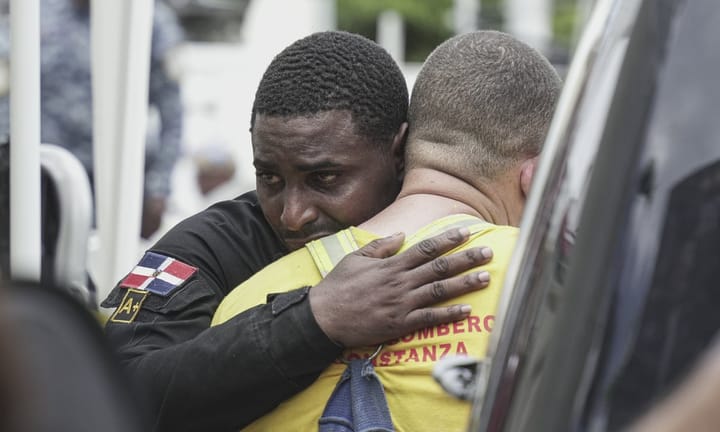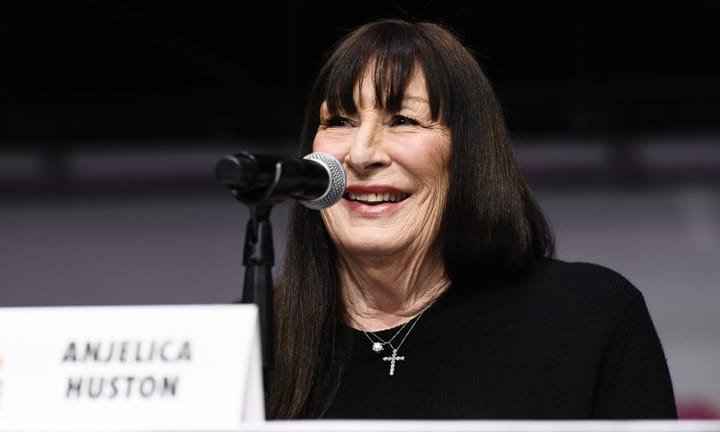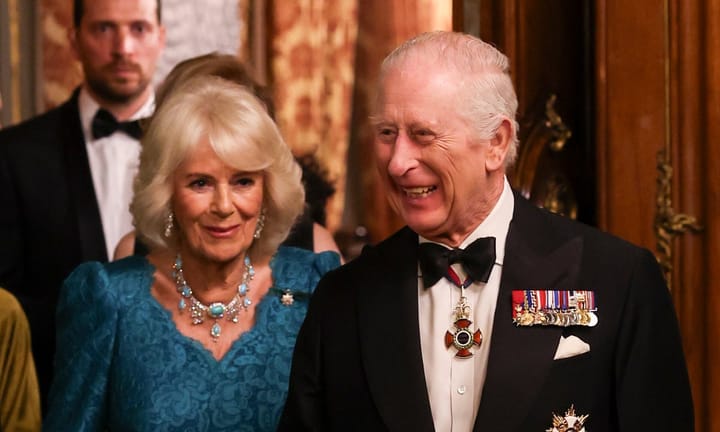The topic of reparations for slavery is not scheduled for discussion at the upcoming Commonwealth heads of government (Chogm) summit, and Downing Street has confirmed that the UK does not plan payments in this regard.
This position could potentially create friction between Keir Starmer, who will be present at the meeting held in Samoa, and other nations' representatives. All three contenders to take over from Patricia Scotland as Chogm secretary general have expressed support for some form of reparations or restorative justice measures by countries historically involved with slavery and colonisation.
When asked about the government’s stance on this matter at the summit, Starmer's official spokesperson clarified: “Reparations are not an agenda item for the Commonwealth heads of governments meeting,” they said. Furthermore, it was emphasised that there has been no change in their position – "We do not pay reparations."
Starmer will be attending Samoa with a mission to address common challenges and opportunities faced by member nations, including economic growth strategies as stated further.
A handful of institutions have started independent initiatives towards this aim without government intervention. Notably, the Church of England has committed funds amounting up to £1 billion for dealing with its historical involvement in slavery issues. Furthermore, The Guardian took responsibility by issuing an apology related their founders' participation in transatlantic slave trade and pledged over a ten million-pound restorative justice program recently announced.
Labour’s consistent stand on not discussing the matter of reparations—mirrored that taken during previous Conservative administrations —may provoke dissatisfaction among some Commonwealth nations ahead of their summit, which is due to begin next Monday.
Among its responsibilities for this meeting includes selecting a new secretary general in place of Scotland, the British peer and former attorney who has served since 2016 under Patricia's supervision at that time.
In recent times, candidates aiming to succeed Scotland—coming from countries like Gambia, Ghana, Lesotho among others —have all voiced their support for financial reparations or a variant of “reparative justice” in nations implicated with slavery and colonisation history.
During an engaging debate at the Chatham House thinktank located in London—Shirley Botchwey, Ghana’s foreign minister spoke about this concept saying it's beneficial,” mentioning that "the Commonwealth can utilize its convening power to initiate dialogue and make things happen."
Joshua Setipa of Lesotho echoed similar sentiments stating his backing for reparative justice, underlining the role played by The Commonwealth in facilitating discussions on challenging issues.
Mamadou Tangara from Gambia also voiced strong support saying “I am fully in favour of Reparatory Justice.” and further suggested that: "The Commonwealth can use its convening power to foster dialogue, making it happen."
Internally within the UK as well externally—there is growing pressure for a response. The past year saw an all-party parliamentary group dedicated toward Afrikan reparations meeting in London aimed at shaping future strategies related to this issue of concern.
David Lammy, now holding office as Foreign Secretary —had made comments back then encouraging compensation payments towards Caribbean nations—a sentiment that was brought up when queried on Monday by Peter Kyle (currently Science and Innovation Minister). He indicated these were remarks from a time prior to his current role.
Kyle stated: “These are intricate diplomatic challenges we as country have because of our past,” he further added, suggesting the need for sensitivity in addressing them."
Read next

Dominican Republic halts rescue efforts following devastating ceiling failure at nightclub incident
Rescue teams in the Dominican Republic on Wednesday concluded their search for survivors following a catastrophic nightclub roof collapse—this marks one of its most tragic disasters over recent years, with confirmed death toll rising beyond 180 individuals within this Caribbean nation.
Authorities announced an additional count of 60 fatalities

Angelica Huston Discloses Past Cancer Diagnosis; Now Fully Recuperated and Clear of Disease
Anjelica Huston disclosed her cancer diagnosis six years ago after the release of her 2019 film John Wick: Chapter 3 – Parabellum. The actress prefers not to divulge specific details about the type of cancer she faced but expressed pride in overcoming this serious health challenge, which required significant changes to

Royal Visit: King Charles and Queen Camilla Surprise Papal Counterpart at Recovery
The British monarch Charles and his consort Camilla paid an unexpected visit to Pope Francis during their four-day official trip across Italy.
They met with the pontiff at his residence within Casa Santa Marta inside Vatican City where he recovers from a severe lung infection caused by pneumonia, which had

